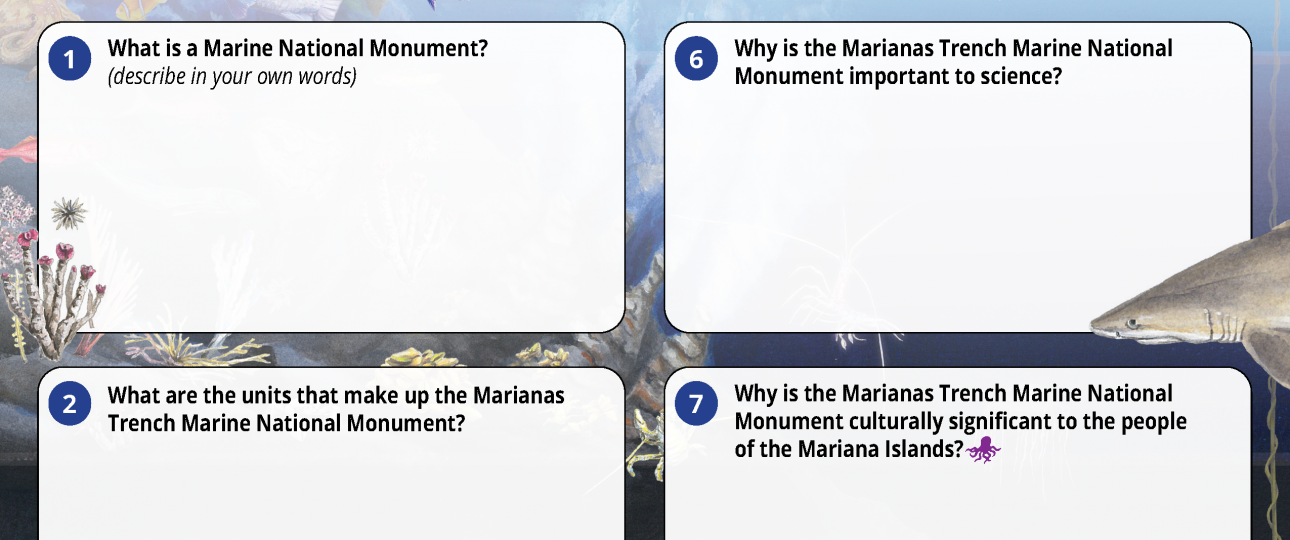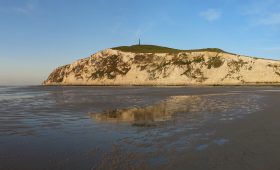Exploring the Mariana Trench Marine National Monument
The Mariana Trench Marine National Monument is a vast and intriguing area in the western Pacific Ocean, covering 95,216 square miles. It includes the deepest part of the Earth’s oceans, the Mariana Trench, and offers a unique glimpse into marine biodiversity and geological history.
Marine Life and Unique Ecosystems
The monument is home to a remarkable variety of marine life. The Islands Unit, which includes the waters and submerged lands of the northernmost Mariana Islands (Farallon de Pajaros, Maug, and Asuncion), supports diverse reef habitats. These reefs are built on basalt rock foundations and host over 300 species of stony corals, making it one of the most biologically diverse areas in the Western Pacific.
At Maug, a submerged caldera provides a rare environment where photosynthetic and chemosynthetic life forms coexist. Hydrothermal vents here release acidic water, creating conditions that allow scientists to study the potential impacts of ocean acidification on coral reefs.
Geological Wonders
The Mariana Trench itself is a geological marvel. The Challenger Deep, located just outside the Trench Unit, is the deepest point in the Earth’s oceans, deeper than Mount Everest is tall. The Trench Unit includes the Sirena Deep, which is about 6.6 miles beneath the surface. These depths offer a virtually unexplored underwater terrain, providing insights into the Earth’s geological processes.
The Volcanic Unit, known as the Mariana Arc of Fire National Wildlife Refuge, features 21 undersea mud volcanoes and thermal vents. These sites support life forms that thrive in extreme conditions, such as the Champagne hydrothermal vent, which produces almost pure liquid carbon dioxide.
Best Time to Visit
For optimal conditions, plan your visit during the dry season from December to April. This period offers calm and clear waters, ideal for underwater exploration.
Getting There
Travelers typically arrive at the international airport in Saipan, the largest island in the Northern Mariana Islands. From Saipan, you can take a domestic flight or ferry to reach the designated areas of the monument.
Local Transportation
Once in the Northern Mariana Islands, getting around is straightforward. Options include taxis, buses, and rental cars, allowing you to explore the islands at your own pace.
Visiting the Mariana Trench Marine National Monument offers a unique opportunity to witness extraordinary marine life and geological features. While access to some areas may be limited due to their remote and protected status, the experience of exploring this remarkable part of the world is unparalleled.



